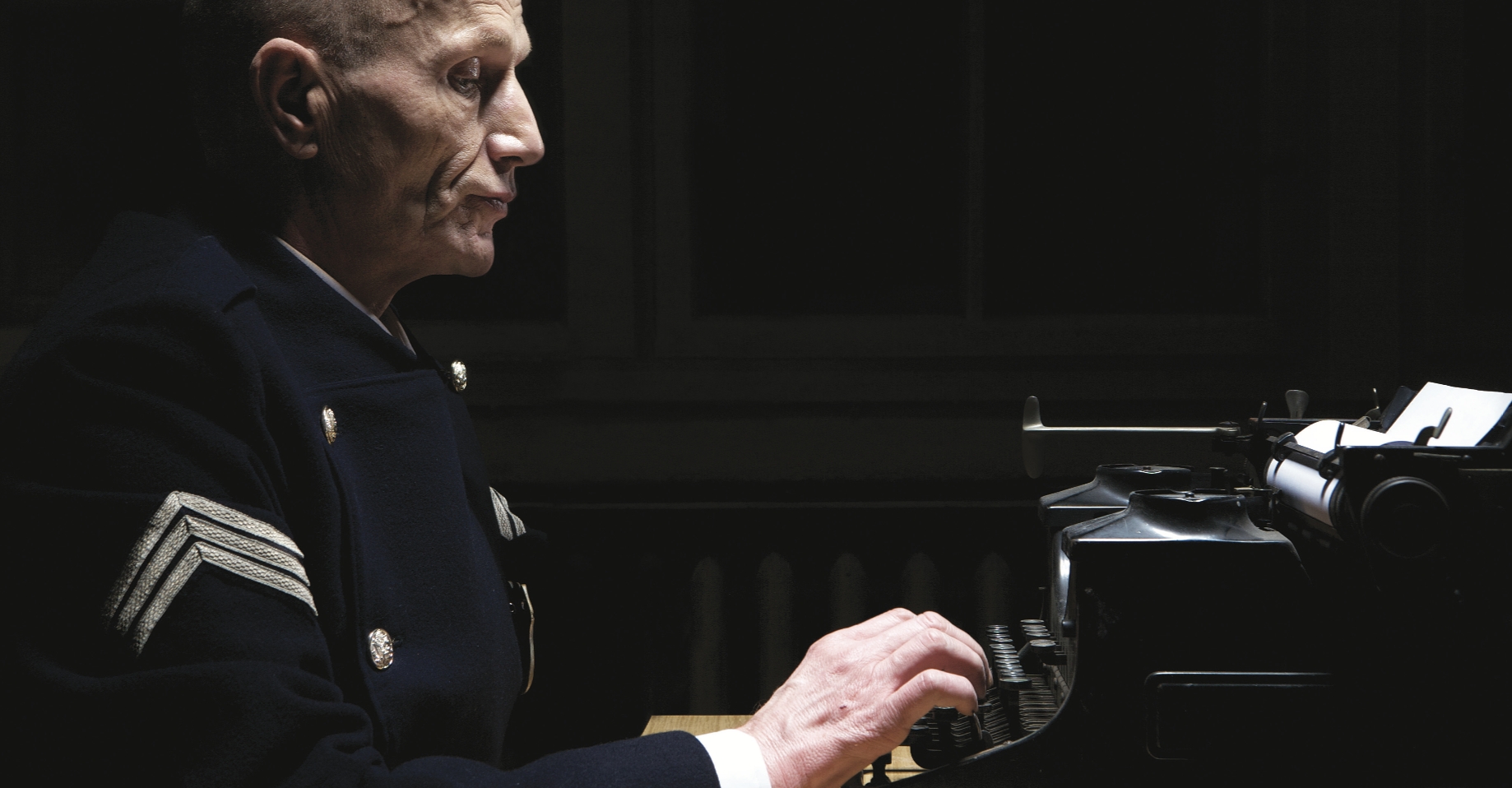
Features
Holding the Line
Opinion
Finding the mutuality in change
Change can be an anxiety-filled experience and yet it takes place throughout every aspect of our lives, whether we recognize it or not. Everything — from the cells in our bodies to the universe we live in — is constantly changing and evolving. I spoke of change in past articles and how our perception of that change can be viewed from a positive perspective. As the world evolves, we are also learning of and creating change with our perception of every experience. It is so exciting to know we can never unlearn anything and as such we are forever changed.
February 22, 2019 By Michelle Vincent

When we explore the organizations in which we work, our policing world is also constantly changing. New investigative techniques and technology saturate our units and, as they do, results, followed by consequences, also evolve.
I can remember when I first began with my police service. As there was a strike at the Ontario Police College, I was helping out as a recruit in our Criminal Investigation Bureau, supporting our investigative crew. I was eager and excited to serve in any way needed. One of my first tasks was to create an information brief folder for the crown. I was provided with an example of how this would look and was guided to… No, not a computer like I expected, but a typewriter. Needless to say, it took several attempts before I was able to perfect the product of this information on what I felt was an antiquated tool. Computers were everywhere and I could not believe that policing organizations, with all kinds of other modern equipment, were still using typewriters.
Where I am going with this is: how do we embrace change — both within ourselves, as well as in our organization’s leaders, who are on the leading edge of constant evolution? Mutuality is a word I have really appreciated in my vocabulary, as it implies a co-operative and peaceful component to the experience.
When I was led to the typewriter, I was definitely far from being mutual with my experience in that moment. Becoming mutual might look like having a laugh and looking forward to jumping into a retro moment.
I recently read an article about how the RCMP are looking to change recruiting practices as they strive to fill positions in their police service. Some might say they are lowering their standards. However, perhaps they are evolving with the change and reality of a society that is miles away from what it used to be back in the early 2000s.
In this day and age, having an amazing credit score might just mean you haven’t had to go through a difficult divorce or have family members who have been able to support you during challenging times. It may mean you didn’t have to pay for your postsecondary degree or that you were fortunate to have a good paying job that afforded you the opportunity to attend school and work. It may not have anything to do with how you are as a police officer.
Changes such as these are significant. However, the need for these changes in order to remain at the forefront in policing is also significant. The key to implementing such changes within organizations that feature a strong culture may be to provide the members with a connection of mutuality. That might involve engaging the members in the process — whether it be through the creation of a committee or other newly created position. The committee might be tasked with exploring how other policing services are approaching recruiting at an international level. In this way, we involve our members in the process of change, creating a higher likelihood of mutuality.
We need to consider opening up the space for creating mutuality when there is a goal to become a leading-edge organization through implementing change or multiple changes. This change will affect all of the organization’s members, in one way or another, and having that mutuality created is key in supporting the mental and physical wellbeing of the organization as a whole.
Michelle Vincent is a 17-year York Regional Police officer with a master of arts in counselling psychology and a background in equine-assisted therapy, workplace reintegration after a critical incident and long-term leave, as well as teaching. She is in the process of implementing the first non-profit treatment centre that will be occupationally specific for first responders and is working towards her PhD in Forensic Psychology/Crisis Response. She can be contacted at: michelle@smith.net.
Print this page